01 May 1911
Bébé a le béguin
No overview found
In this picture we see a man who is vested with authority to enforce the law, but, unlike the usual sort of men occupying the same position, he is so kind-hearted that ofttimes he is governed by his sentiments, and is very indiscreet in meting out just punishment to offenders, He is patrolling in the country, where lawbreakers are not numerous, but once in a while it will happen that somebody is guilty of an act that is not just in keeping with propriety. His first duty is to arrest a pair of lovers whom he catches kissing, but when he comes upon the love-sick couple, and threatens to arrest them, his heart is softened by their tears, so he allows them to go their way with some good advice.

Le malandrin
01 May 1911
No overview found
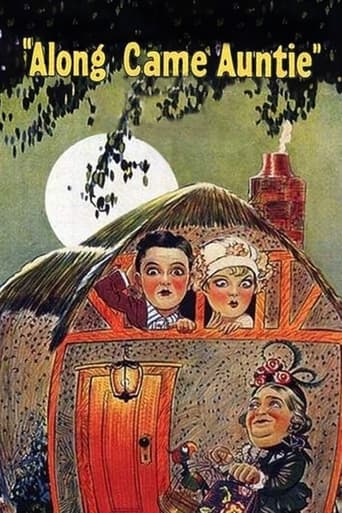
25 Jul 1926

A divorced couple try to pretend they are still happily married in order to get $100,000 from the woman's divorce-disapproving aunt.
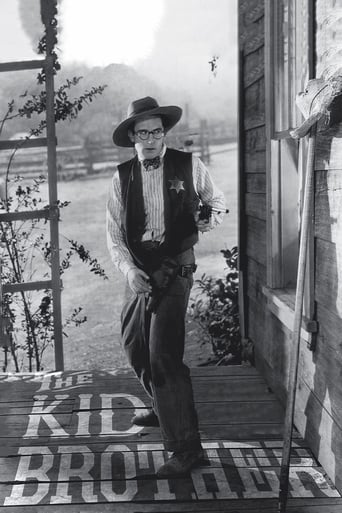
17 Jan 1927

The timid youngest son of the most important family in town must use his wits to win the respect of his strong father and the love of a beautiful new woman in town.
28 May 1916
A young man in love with a cabaret dancer is refused money by his father. He joins the dancer and her accomplices to rob his father's bank. The robbers are discovered and killed, except for one. The situation resolves, with the characters' lives sorting out.
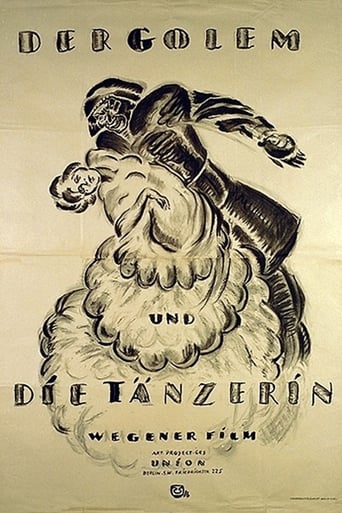
10 Jul 1917

As a practical joke, an actor impersonates the screen monster he made famous. A lost film.
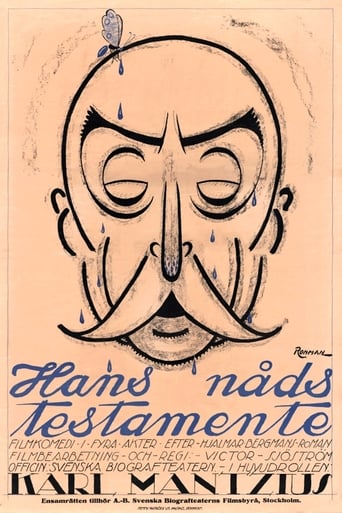
03 Nov 1919

A series of family entanglements develop around the changing will of Roger Bernhuses de Sars (Karl Mantzius), who wants his heritage to go to his illegitimate daughter Blenda (Greta Almroth). But love and fate also plays their cards. One of the most surprising films of Sjöström, close to Stroheim and some of the silent comedies of Lubitsch. Belonging to the golden age of Swedish film, this comedy offers one of the earliest explorations of the relationship between masters and servants on the screen, later developed by French masters like Renoir and Guitry. After acting in the diptych of Thomas Graal, Sjöström shows that he also dominates the “light genre” as director.
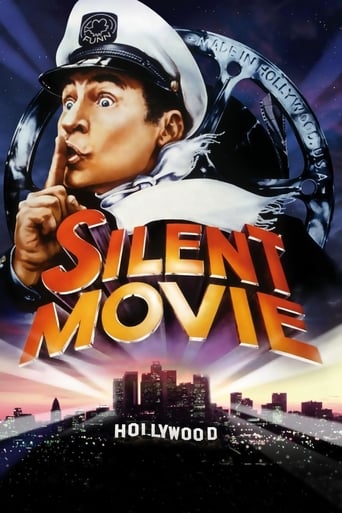
17 Jun 1976

Aspiring filmmakers Mel Funn, Marty Eggs and Dom Bell go to a financially troubled studio with an idea for a silent movie. In an effort to make the movie more marketable, they attempt to recruit a number of big name stars to appear, while the studio's creditors attempt to thwart them.
01 May 1927
Newlyweds Warren and Helen have an unplanned honeymoon in Death Valley.
07 Feb 1926
A bill collector working in a tough neighborhood manages to rescue a young socialite from kidnappers.
22 Feb 1922
The city chap arrives in a flivver and makes love to the daughter of the proprietor. The rival plays a strong hand but is not quite strong enough to regain the girl. Little brother plays his part with tact and gets the regulation quarter for allowing the spooners to be alone. An elopement in moonlight provides a good finish.
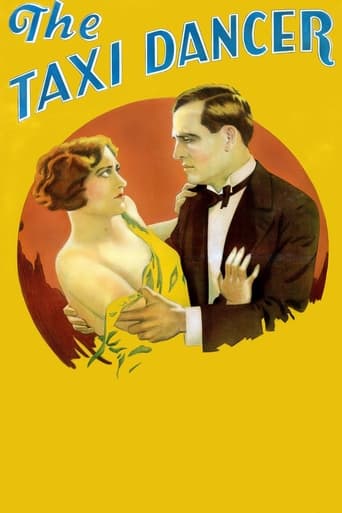
05 Feb 1927

A southern girl tries her luck as a dancer in New York City.
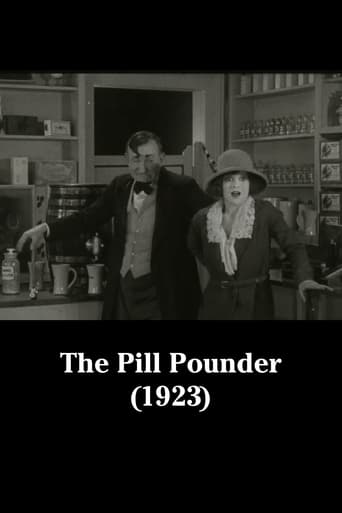
23 Apr 1923

Charlie is a small town druggist trying to wait on trade and play a social game of poker in the back room.

02 Jan 1898

One of the two earliest horror films ever made. This film is presumed lost. In this black comedy scene, the bottom falls out of a coffin, the corpse tumble out, and is jolted back to life. Short sequences like this, as well as street scenes and dancing geisha girls were the main subjects of early Nippon cinema, pioneered by Shiro Asano and Shibata Tsunekichi from 1897 onwards. In creating dramatic, scenes, film-makers naturally chose the most striking or bizarre. Another undocumented film, recalled by cameraman Shiro Asano.
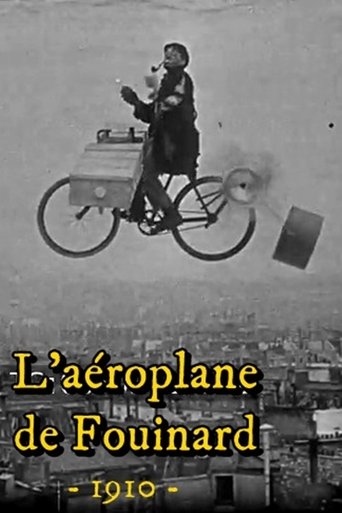
01 Dec 1910

No overview found
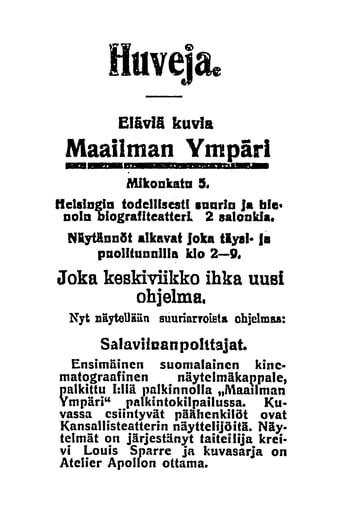
29 May 1907

No prints of the film have been preserved so the film can be considered a lost film. The original screenplay has also been lost. However, some plot descriptions are still known based on contemporary newspaper advertisements of the film. As the name would indicate, the film tells about two local men who are making moonshine in the woods. A customer comes to them, and while sampling the product they start a game of cards, which eventually leads to a fight. While the fight is going on, the local police shows up and arrests the makers while the customer manages to escape.(Wikipedia)
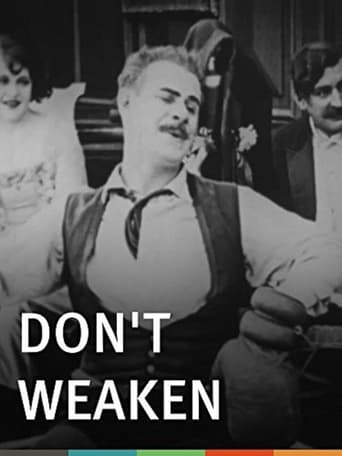
05 Sep 1920

A dancing instructor gets involved with a newly rich family.
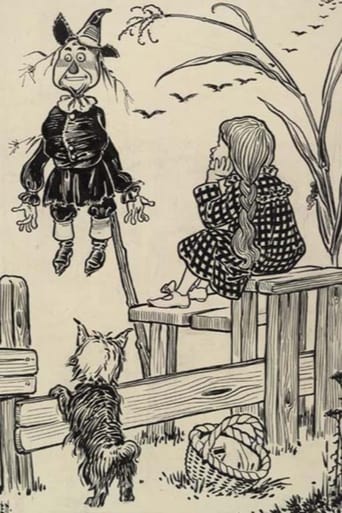
14 Apr 1910

Dorothy and the Scarecrow are now in the Emerald City. They have become friendly with the Wizard, and together with the woodman, the cowardly lion, and several new creations equally delightful, they journey through Oz -- the earthquake -- and into the glass city. The Scarecrow is elated to think he is going to get his brains at last and be like other men are; the Tin-Woodman is bent upon getting a heart, and the cowardly lion pleads with the great Oz for courage. All these are granted by his Highness. Dorothy picks the princess. -- The Dangerous Mangaboos. -- Into the black pit, and out again. We then see Jim, the cab horse, and myriads of pleasant surprises that hold and fascinate.
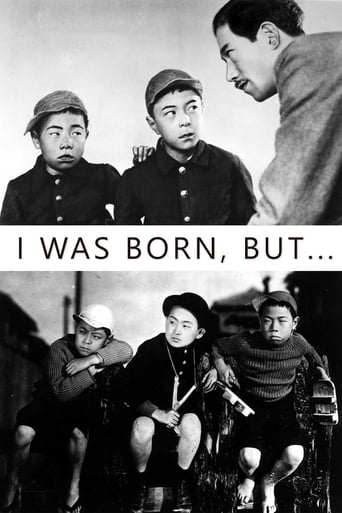
03 Jun 1932

Two young brothers become the leaders of a gang of kids in their neighborhood.
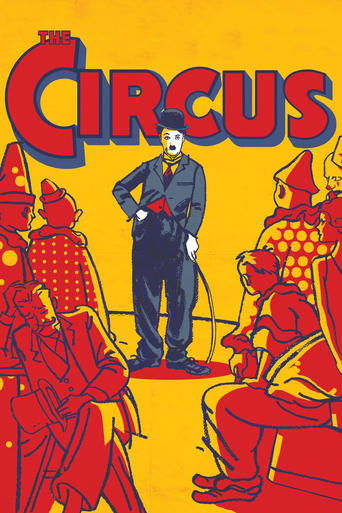
06 Jan 1928

Charlie, a wandering tramp, becomes a circus handyman - soon the star of the show - and falls in love with the circus owner's stepdaughter.
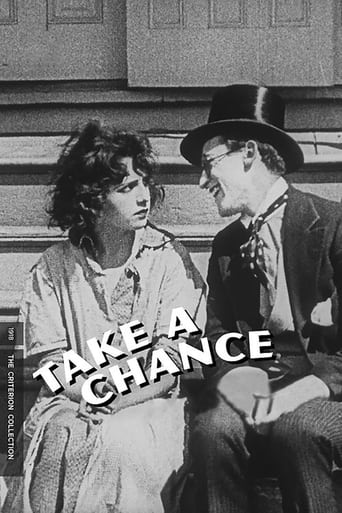
15 Dec 1918

It's a classic boy-meets-girl story, boy-loses-girl, boy gets mistaken for an escaped convict and ruthlessly chased by armies of cops across the countryside in a thrill-packed stunt-addled climax.